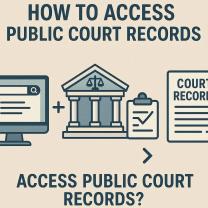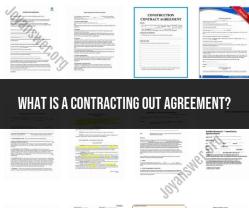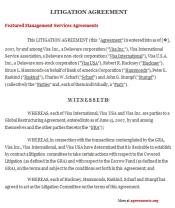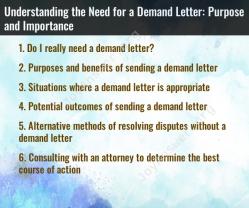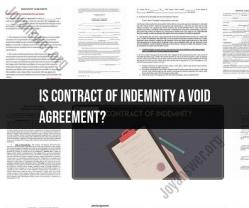Are taxes paid on a class action lawsuit settlement?
Taxes on class action lawsuit settlements can be a complex matter and may depend on several factors, including the nature of the settlement, the type of damages awarded, and your individual tax situation. Here are some key points to consider:
Compensatory Damages vs. Punitive Damages: Taxes on a class action lawsuit settlement may vary based on the types of damages awarded. Compensatory damages, which are intended to compensate the plaintiff for actual losses, are typically not taxable. However, punitive damages, which are designed to punish the defendant, are generally considered taxable income.
Interest and Investment Income: If your settlement includes interest or investment income earned on the settlement amount, that income may be subject to taxation.
Legal Fees: The portion of your settlement used to pay attorney fees and legal expenses may not be taxable to you. However, it's essential to consult with a tax professional to ensure you are correctly reporting any legal fees.
Tax Reporting: You may receive a Form 1099 or similar tax form from the entity or defendant responsible for the settlement. This form will detail the taxable portion of your settlement, if any, and should be reported on your income tax return.
Exemptions and Deductions: Depending on the circumstances, you may be eligible for exemptions or deductions that reduce the taxable portion of your settlement. Consult with a tax professional to determine if any apply to your situation.
State Taxes: In addition to federal taxes, you may also owe state income taxes on your class action settlement. State tax laws vary, so it's essential to check the rules in your specific state.
Qualified Settlement Funds: Some class action settlements are structured as Qualified Settlement Funds (QSFs), which can provide tax benefits for plaintiffs. The taxation of settlements involving QSFs can be complex, and it's advisable to consult with a tax professional in such cases.
Tax Planning: If you anticipate receiving a significant class action settlement, it's a good idea to consult with a tax advisor or CPA before finalizing the settlement. They can help you understand the tax implications and explore potential strategies to minimize the tax impact.
Ultimately, the tax treatment of a class action lawsuit settlement can vary widely based on the specific circumstances of the case and the type of damages awarded. To ensure compliance with tax laws and optimize your tax situation, it's strongly recommended to seek guidance from a qualified tax professional or attorney experienced in handling settlements and taxation issues.
Tax Implications of Class Action Lawsuit Settlements
The tax implications of class action lawsuit settlements can vary depending on the nature of the lawsuit and the type of damages that are awarded. Generally speaking, however, most class action lawsuit settlements are taxable.
Do You Owe Taxes on Your Class Action Settlement? Find Out Here
To determine whether you owe taxes on your class action lawsuit settlement, you will need to consider the following factors:
- The type of damages that you were awarded. Compensatory damages, such as lost wages or medical expenses, are generally taxable. Punitive damages, on the other hand, are not taxable.
- The purpose of the settlement. If the settlement was intended to compensate you for a personal physical injury, then the compensatory damages that you receive may be excluded from your taxable income. However, if the settlement was intended to compensate you for non-physical injuries, such as emotional distress or defamation, then the compensatory damages that you receive will likely be taxable.
Managing Taxes on Settlement Funds from Class Action Lawsuits
If you receive a class action lawsuit settlement, it is important to manage your taxes carefully. Here are a few tips:
- Set aside money to pay taxes. When you receive your settlement, set aside money to pay taxes. This will help you avoid any surprises come tax time.
- File a tax return. Even if you think you don't owe any taxes, you should still file a tax return. This will help you avoid any penalties or interest charges.
- Hire a tax professional. If you are unsure about how to handle the taxes on your settlement, it is a good idea to hire a tax professional. They can help you file your tax return correctly and minimize your tax liability.
Additional tips:
- If you are receiving a large settlement, you may want to consider spreading the income over multiple tax years. This can help you reduce your overall tax burden.
- If you are using your settlement funds to pay for medical expenses, you may be able to deduct those expenses from your taxable income.
- If you are using your settlement funds to invest, you may be able to deduct any losses that you incur from those investments from your taxable income.
It is important to note that the tax implications of class action lawsuit settlements can be complex. If you have any questions, you should consult with a tax professional.







